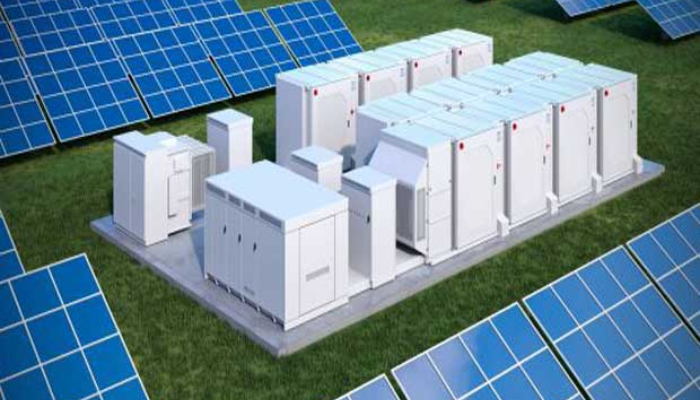Turkey has begun awarding pre-licensing for energy storage facilities including both wind and solar. The facilities, with around 20 GW is expected to be issued over a period of about three years.
Pre-licenses were issued by the Energy Market Authority earlier this month, for a total of 12 applications with total capacity of 744 MW, representing an investment value of around US$1.5 billion.
According to Energy Market Regulation Authority (EMRA) Head, Mustafa Yilmaz, these are the first selected from 4,369 applications,which adds up to about 221,000MW.
The step towards pre-licensing is taken after key regulatory changes including an EMRA ruling in 2021 that allowed energy companies to invest in energy storage. Last year, energy laws allowed power producers to develop new renewables projects on the congested Turkish grid, if paired with energy storage.
The present step will help establishing a market for large-scale energy storage in the country, as per Korkut Ozturkmen, Board Member at Aksa Energy, one of Turkey’s largest independent power producers (IPPs) and he is also on the board of Turkey’s Electricity Generators’ Association.
He revealed that Association has been working on business development activities for energy storage for four or five years.
As per the rules,investors are eligible to put renewable energy projects combined with approved storage capacity on a one-to-one ratio, 1MW/1MWh wind or solar per 1MW/1MWh of energy storage.
Aksa Energy is also one of the applicants and would begin developing wind and solar projects with storage as soon as they get the license.
“The target of the Minister of Energy is in the first phase to provide at least 20,000MW licensing. So in the coming two to three years Turkey will be a very promising market for storage projects,” Korkut Ozturkmen said.He also note that provisions for rewarding domestic industry participation are also on the agenda.
As per Aksa Energy board member, the storage initiative has been opened to support the development of renewable energy first and foremost. He further informed that the renewable energy capacity has been tendered for in auctions to receive feed-in tariffs (FiTs) but in recent rounds low prices might hinder the implementation of the projects.
“With this new regulation, if renewable energy power plants are then accompanied with storage, there won’t be any auctions, no feed-in tariff. This is a good development, but on the other side, these will be fully merchant power plants which are selling into the spot market or to commercial PPAs.It will take time for EMRA to process the entire backlog of more than 200 GW of applications, although there may be some overlapping of projects in that pipeline.” But Ozturkmen expects that within the next two years there might be kickoff of at least 20,000 MW installations.


